ความหมายของคำว่า “ของ” ในภาษาไทย
คำว่า “ของ” ในภาษาไทยมีความหมายว่า สิ่งของหรือวัตถุที่เป็นของของใครบางคน โดย “ของ” สามารถเป็นสิ่งของมากมาย เช่น เสื้อผ้า อาหาร ที่ดิน สิ่งของใช้ทั่วไป หรือสิ่งที่ถูกคิดค้นขึ้น เช่น ความคิด ความรัก และอื่นๆ อีกมากมาย
คำแปลของคำว่า “ของ” เป็นภาษาอังกฤษ
คำว่า “ของ” ในภาษาอังกฤษประมาณว่า “of” หรือ “belonging to” ซึ่งมักถูกใช้ในการบอกถึงความเป็นเจ้าของของวัตถุหรือสิ่งของใดๆ
การใช้คำว่า “ของ” ในประโยค
การใช้คำว่า “ของ” ในประโยคทำหน้าที่เป็นคำบุพบทที่บอกถึงวัตถุหรือสิ่งของที่เป็นของของใครบางคน เช่น
1. นี่คือรถของฉัน This is my car
2. ดินเป็นของใคร Soil belongs to someone
3. อาหารเชียงใหม่เป็นของภูเก็ต Northern Thai food is from Phuket
4. เสื้อผ้าที่สวยจะเป็นของเธอ The beautiful clothes will be hers
ความแตกต่างระหว่างการใช้ “ของ” และ “of” ในประโยค
การใช้ “ของ” และ “of” ในประโยคมีความแตกต่างกัน โดย “ของ” ใช้เป็นคำบุพบทที่บอกถึงวัตถุหรือสิ่งของที่เป็นของใครบางคน ในขณะที่ “of” ใช้เพื่อระบุความสัมพันธ์ระหว่างสองศิลปะ หรือทำหน้าที่เป็นคำบุพบทด้วย โดย “of” เป็นคำที่ทำให้ประโยคสมบูรณ์มีความหมายเพิ่มเติม
การเรียนรู้การใช้ “ของ” ในภาษาอังกฤษ
การเรียนรู้การใช้ “ของ” ในภาษาอังกฤษควรเริ่มจากการเข้าใจความหมายและการใช้งานของคำว่า “ของ” ในภาษาไทยก่อน จากนั้นสามารถเปรียบเทียบกับการใช้ “of” ในภาษาอังกฤษเพื่อเข้าใจความแตกต่างระหว่างทั้งสองภาษา
นอกจากนี้ การใช้ “ของ” ในภาษาอังกฤษยังควรฝึกฝนการใช้คำนี้ในประโยคต่างๆ เพื่อเข้าใจและสามารถนำไปใช้ได้อย่างถูกต้อง
คำแนะนำในการเรียนรู้คำว่า “ของ” ให้เหมื่อนภาษาไทย
เพื่อให้การเรียนรู้คำว่า “ของ” ในภาษาอังกฤษเป็นไปได้อย่างมีประสิทธิภาพ ควรเริ่มต้นด้วยการเข้าใจความหมายและการใช้งานของคำว่า “ของ” ในภาษาไทยก่อน จากนั้นจึงทำการฝึกใช้คำนี้ในประโยคอย่างสม่ำเสมอ
การศึกษาจากเนื้อหาที่เป็นภาษาอังกฤษที่ผสมผสานกับภาษาไทย เช่น เพลงฝรั่ง เทคโนโลยีการสื่อสารในสื่อต่างๆ หรือการอ่านหนังสือภาษาอังกฤษ เป็นวิธีที่ดีในการทำให้การเรียนรู้เป็นไปอย่างมีประสิทธิภาพ
การปรับตัวให้เหมาะสมกับการใช้ “ของ” ในภาษาอังกฤษ
เมื่อเริ่มเรียนรู้การใช้ “ของ” ในภาษาอังกฤษ อาจต้องปรับตัวให้เหมาะสมกับการใช้ภาษาต่างๆที่มีลักษณะแตกต่างออกไป โดยการปรับตัวนี้ทำให้เรียนรู้เป็นไปอย่างสร้างสรรค์และมีประสิทธิภาพมากยิ่งขึ้น
การปรับตัวให้เหมาะสมอาจจะต้องใช้เวลาในการเรียนรู้และปรับตัว แต่มีความสำคัญเพราะช่วยให้การใช้ภาษาอังกฤษได้อย่างถูกต้องและมีประสิทธิภาพ
การฝึกการใช้คำว่า “ของ” ในสื่อต่างๆ เพื่อเพิ่มพูนทักษะภาษาอังกฤษ
การฝึกการใช้คำว่า “ของ” ในสื่อต่างๆ เช่น การอ่านหนังสือ ดูซีรีส์ ฟังเพลง หรือดูคลิปวิดีโอภาษาอังกฤษ ช่วยเพิ่มพูนทักษะทางภาษาอังกฤษได้อย่างมีประสิทธิภาพ
การใช้คำว่า “ของ” ในสื่อต่างๆ ช่วยให้เกิดความคุ้นเคยและเข้าใจความหมายของคำนี้ในบริบทที่แตกต่างกัน ซึ่งมีประสิทธิภาพในการเรียนรู้และปรับตัวที่เหมาะสมกับการใช้ภาษาอังกฤษ
อย่าเห็นฉันเป็นของตาย ภาษาอังกฤษ
The phrase “อย่าเห็นฉันเป็นของตาย” in Thai can be translated to “Don’t see me as worthless” in English. This phrase is commonly used to express one’s worth and value, emphasizing that they should not be overlooked or taken for granted.
คนแก้เหงา ภาษาอังกฤษ
The phrase “คนแก้เหงา” in Thai can be translated to “Heart mender” in English. This term refers to someone who can comfort or heal a broken heart, providing emotional support and solace during difficult times.
คนคั่นเวลา ภาษาอังกฤษ
The phrase “คนคั่นเวลา” in Thai can be translated to “Time keeper” in English. This expression is used to describe someone who is punctual, organized, and responsible for managing time effectively.
ของตาย ภาษาจีน
The term “ของตาย” in Thai can be translated to “dead object” in Chinese. This phrase is used to describe inanimate objects or non-living things that no longer serve a purpose or have any value.
don’t take me for granted แปลว่า
The phrase “don’t take me for granted” in English can be translated to “อย่าเชื่อฉันเป็นของตาย” in Thai. This expression conveys the message of not underestimating or undervaluing someone’s worth or contributions.
ของตาย แปล
The term “ของตาย” in Thai can be translated to “dead object” in English. This phrase is used to describe objects or things that are no longer useful, valuable, or relevant.
ตัวสํารอง ภาษาอังกฤษ
The term “ตัวสํารอง” in Thai can be translated to “alternative option” or “backup plan” in English. This expression is used to describe a secondary choice or course of action that can be taken if the original plan fails or is not feasible.
Rebound แปลของ ตาย ภาษา อังกฤษ
The term “Rebound” in English can be translated to “rebound” or “bounce back” in Thai. This term is commonly used to describe a quick recovery or return to a previous state after facing a setback or adversity.
FAQs
1. ทำไมการเรียนรู้การใช้คำว่า “ของ” ในภาษาอังกฤษถึงสำคัญ?
การเรียนรู้การใช้คำว่า “ของ” ในภาษาอังกฤษสำคัญเพราะเป็นคำที่ใช้บ่อยในการกล่าวถึงเจ้าของของสิ่งต่างๆ การใช้อย่างถูกต้องจึงจะช่วยให้เข้าใจและสื่อสารได้อย่างมีประสิทธิภาพ
2. มีวิธีใดที่ช่วยในการเรียนรู้การใช้ “ของ” ในภาษาอังกฤษได้ดี?
การใช้ “ของ” ในสื่อต่างๆ เช่น เพลงฝรั่ง หนังสือภาษาอังกฤษ หรือการดูซีรีส์ภาษาอังกฤษ เป็นวิธีที่ช่วยในการเพิ่มพูนทักษะภาษาอังกฤษได้ดี
3. การใช้คำว่า “ของ” ในประโยคมีความหมายอย่างไร?
การใช้คำว่า “ของ” ในประโยคมักบอกถึงเจ้าของของสิ่งต่างๆ หรือวัตถุต่างๆ ที่เป็นของของใครบางคน
4. มีคำแนะนำใดในการฝึกการใช้คำว่า “ของ” ในภาษาอังกฤษได้อย่างถูกต้อง?
คำแนะนำในการฝึกการใช้ “ของ” ในภาษาอังกฤษคือการฝึกใช้ในประโยคต่างๆ เพื่อเข้าใจและสามารถนำไปใช้อย่างถูกต้อง
Through this article, you should have a better understanding of the meaning and usage of the word “ของ” in Thai and its translation to English.
ตัวคั่นเวลา ของตาย ภาษาอังกฤษว่าอย่างไร
คำสำคัญที่ผู้ใช้ค้นหา: ของ ตาย ภาษา อังกฤษ อย่าเห็นฉันเป็นของตาย ภาษาอังกฤษ, คนแก้เหงา ภาษาอังกฤษ, คนคั่นเวลา ภาษาอังกฤษ, ของตาย ภาษาจีน, don’t take me for granted แปลว่า, ของตาย แปล, ตัวสํารอง ภาษาอังกฤษ, Rebound แปล
รูปภาพที่เกี่ยวข้องกับหัวข้อ ของ ตาย ภาษา อังกฤษ

หมวดหมู่: Top 72 ของ ตาย ภาษา อังกฤษ
ดูเพิ่มเติมที่นี่: giaydb.com
อย่าเห็นฉันเป็นของตาย ภาษาอังกฤษ
The film is a powerful meditation on life and death, and the importance of living in the present moment. Through Nee’s journey, the audience is reminded to appreciate the beauty and fragility of life, and to cherish the time we have with our loved ones.
One of the most striking aspects of “อย่าเห็นฉันเป็นของตาย” is its ability to evoke deep emotions and provoke thought on the intricacies of human existence. The film is filled with moments of heart-wrenching sadness and profound joy, as Nee comes to terms with her fate and learns to embrace the beauty of each passing day.
The performances in the film are outstanding, with lead actress Apinya Sakuljaroensuk delivering a nuanced and compelling portrayal of Nee. Her performance is raw and authentic, capturing the complex emotions of a young woman facing her own mortality with grace and courage.
The supporting cast, including Chantavit Dhanasevi and Pongsatorn Sripinta, also deliver standout performances that add depth and richness to the film. The chemistry between the actors is palpable, and their interactions feel genuine and heartfelt.
The cinematography in “อย่าเห็นฉันเป็นของตาย” is also noteworthy, with sweeping shots of the Thai countryside and intimate close-ups that capture the characters’ emotions in vivid detail. The film is visually stunning, with a rich color palette and evocative lighting that enhances the emotional impact of the story.
The soundtrack of the film is another standout element, with hauntingly beautiful music that underscores the emotional depth of the story. The songs are heartbreaking and moving, adding an extra layer of poignancy to Nee’s journey.
Overall, “อย่าเห็นฉันเป็นของตาย” is a beautiful and thought-provoking film that will leave a lasting impact on its audience. It’s a reminder to cherish the moments we have with our loved ones, and to live each day to the fullest.
FAQs:
1. Is “อย่าเห็นฉันเป็นของตาย” based on a true story?
No, “อย่าเห็นฉันเป็นของตาย” is a work of fiction. However, the film’s themes of love, loss, and redemption are universal and resonate with audiences on a deeply emotional level.
2. What is the significance of the title “อย่าเห็นฉันเป็นของตาย”?
The title “อย่าเห็นฉันเป็นของตาย” translates to “Don’t See Me As Dead” in English. It symbolizes Nee’s desire to live fully in the present moment, despite her terminal illness. The title is a reflection of Nee’s determination to embrace life and love, even in the face of death.
3. How did the actors prepare for their roles in the film?
The actors in “อย่าเห็นฉันเป็นของตาย” underwent extensive preparation to bring their characters to life. This included research into terminal illnesses, discussions with medical professionals, and emotional preparation to tap into the deep emotions of their characters.
4. What message does “อย่าเห็นฉันเป็นของตาย” convey to its audience?
“อย่าเห็นฉันเป็นของตาย” conveys a powerful message about the importance of living in the present moment, cherishing the time we have with our loved ones, and finding peace and grace in the face of adversity. It is a reminder to appreciate the beauty and fragility of life, and to embrace each day with gratitude and joy.
5. What is the cultural significance of “อย่าเห็นฉันเป็นของตาย” in Thailand?
“อย่าเห็นฉันเป็นของตาย” reflects themes and values that are deeply rooted in Thai culture, such as the importance of family, love, and personal resilience. The film resonates with Thai audiences who value themes of love, forgiveness, and overcoming adversity.
In conclusion, “อย่าเห็นฉันเป็นของตาย” is a moving and powerful film that explores the complexities of life, love, and loss. Through its heartfelt performances, stunning cinematography, and evocative storytelling, the film reminds us to appreciate the beauty of each passing day and to hold our loved ones close. It is a must-watch for anyone seeking a poignant and meaningful cinematic experience.
คนแก้เหงา ภาษาอังกฤษ
The Role of คนแก้เหงา
In Thai culture, loneliness is often seen as a taboo subject, with many people feeling ashamed or embarrassed to admit that they are feeling isolated. This is where คนแก้เหงา come in – they are individuals who provide emotional support, companionship, and a listening ear to those who are feeling lonely. These individuals can come from various backgrounds, including family members, friends, neighbors, or even trained professionals such as therapists or counselors.
The role of คนแก้เหงา is crucial in Thai society, as loneliness and social isolation can have a negative impact on one’s mental health and well-being. By offering companionship and support, these individuals help to alleviate feelings of loneliness and provide a sense of belonging and connection to those who are feeling isolated.
คนแก้เหงา can take on many forms – they can be a friend who reaches out to someone who is feeling lonely, a family member who spends quality time with a loved one, or a therapist who provides counseling and support to those struggling with feelings of isolation. Regardless of their background, คนแก้เหงา play a vital role in helping individuals feel less lonely and more supported in their daily lives.
The Importance of คนแก้เหงา
Loneliness is a common experience that can affect people of all ages and backgrounds. While feeling lonely from time to time is normal, chronic loneliness can have serious consequences for one’s mental and physical health. Studies have shown that chronic loneliness is associated with an increased risk of depression, anxiety, heart disease, and even premature death.
Having คนแก้เหงา in one’s life can help alleviate feelings of loneliness and provide much-needed emotional support. Whether it’s through a simple phone call, a visit from a friend, or a therapy session with a counselor, the presence of คนแก้เหงา can make a world of difference to someone who is feeling isolated.
In Thai society, the role of คนแก้เหงา is highly valued, with many people recognizing the importance of having someone to talk to and lean on during difficult times. Whether it’s a friend, a family member, or a professional counselor, having คนแก้เหงา in one’s life can help to alleviate feelings of loneliness and provide a sense of connection and belonging.
FAQs
Q: What are some tips for being a good คนแก้เหงา?
A: Being a good คนแก้เหงา involves being a good listener, showing empathy and compassion, and being there for someone in their time of need. It’s important to check in on those who may be feeling lonely and offer your support and companionship whenever possible.
Q: How can I find a คนแก้เหงา if I am feeling lonely?
A: If you are feeling lonely, don’t be afraid to reach out to friends, family members, or a professional counselor for support. There are also many support groups and online communities that can provide companionship and connection to those who are feeling isolated.
Q: What are some ways to cope with loneliness?
A: Coping with loneliness involves reaching out to others, engaging in activities that bring you joy, and practicing self-care. Finding a คนแก้เหงา who can provide emotional support and companionship can also help alleviate feelings of loneliness.
In conclusion, คนแก้เหงา play a vital role in Thai society by providing companionship and support to those who are feeling lonely. Whether it’s through a simple act of kindness, a listening ear, or professional counseling, the presence of คนแก้เหงา can make a significant difference in one’s mental and emotional well-being. By recognizing the importance of คนแก้เหงา and valuing their role in society, we can help create a more connected and supportive community for all.
คนคั่นเวลา ภาษาอังกฤษ









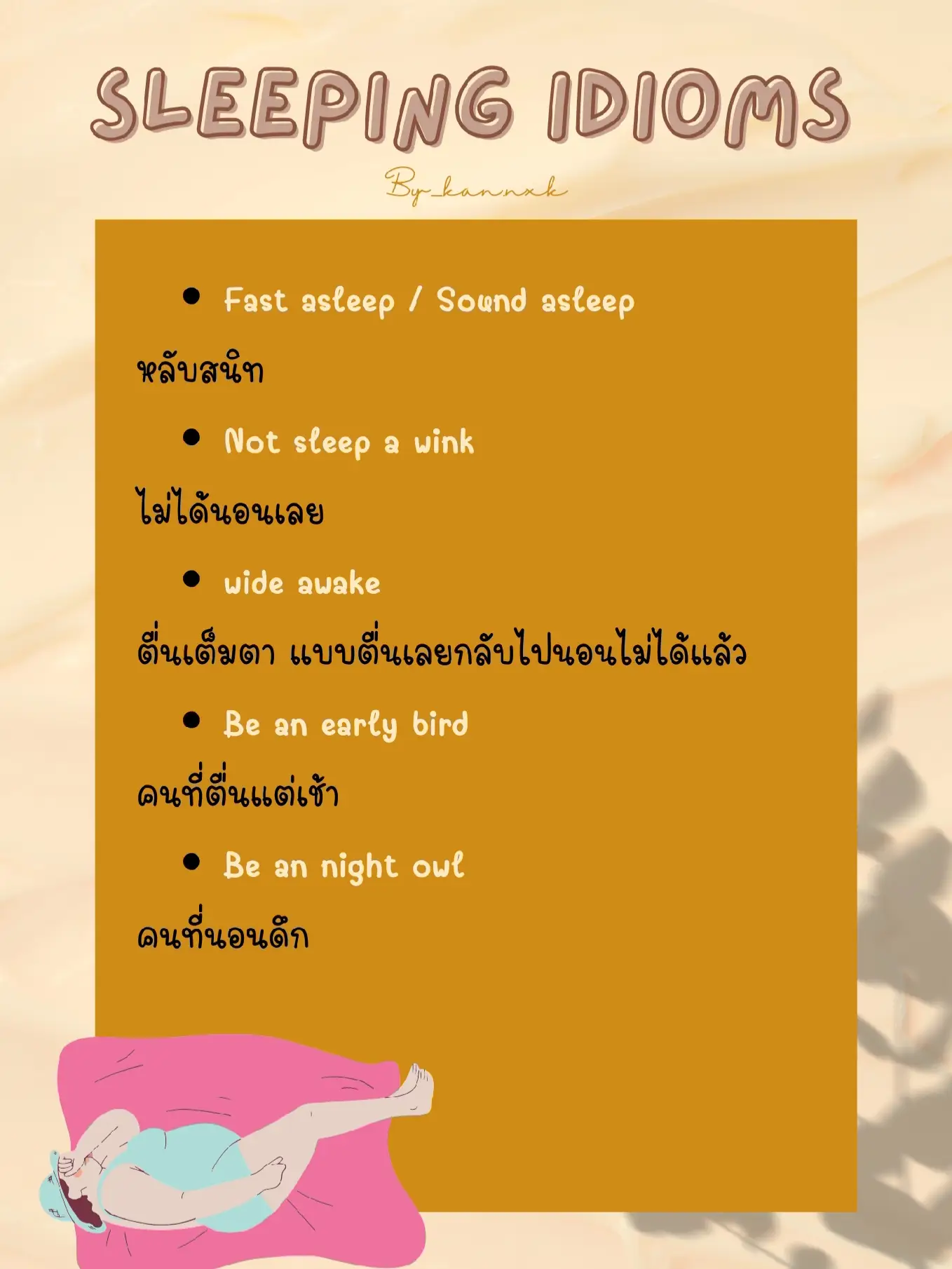






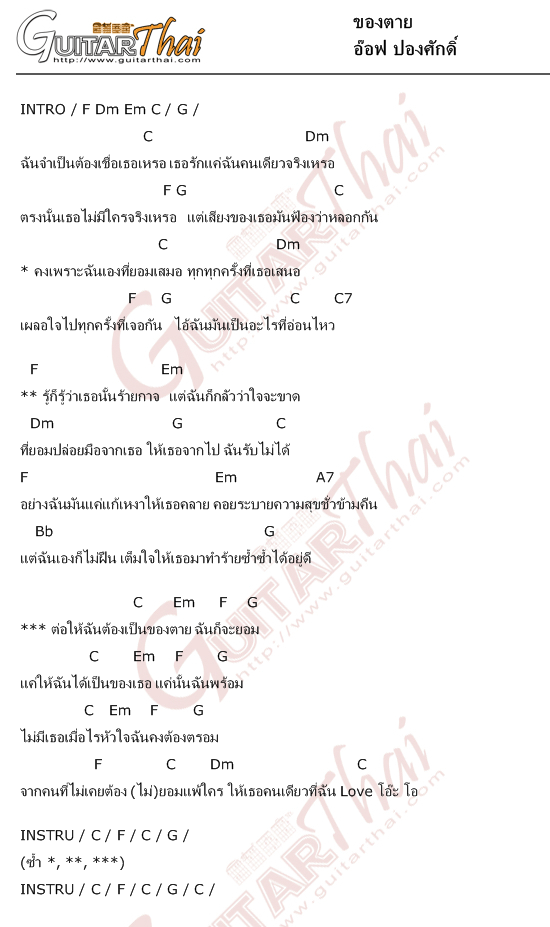
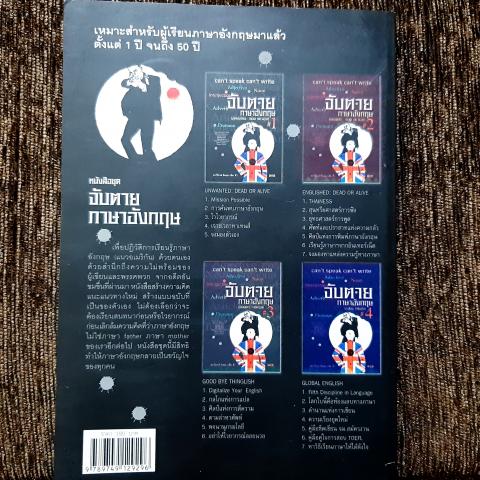


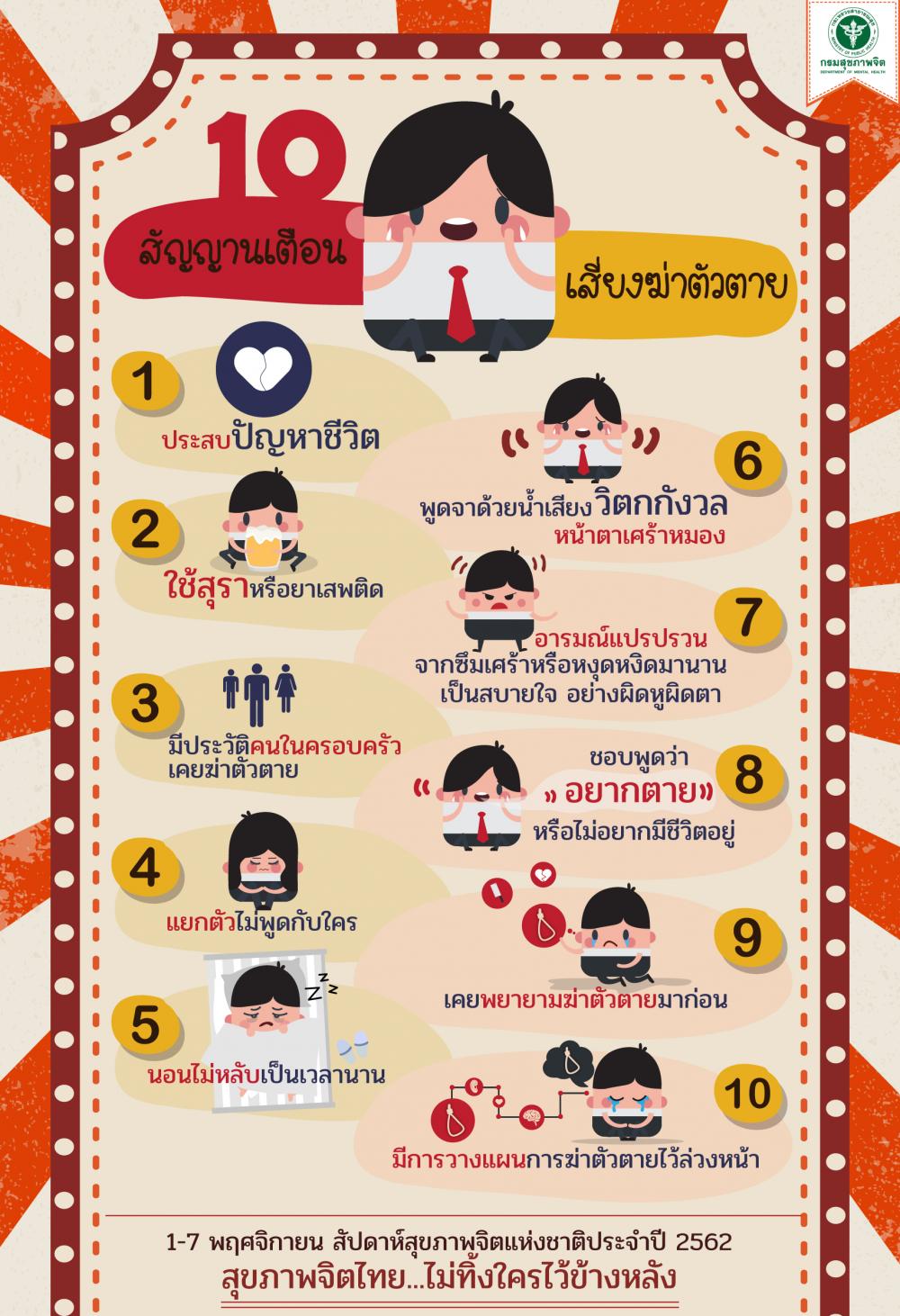


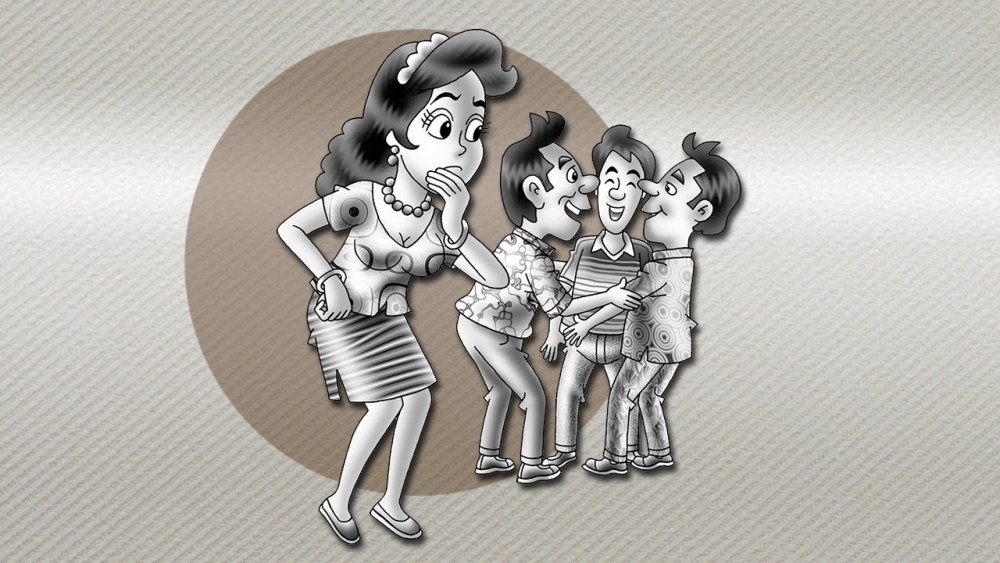
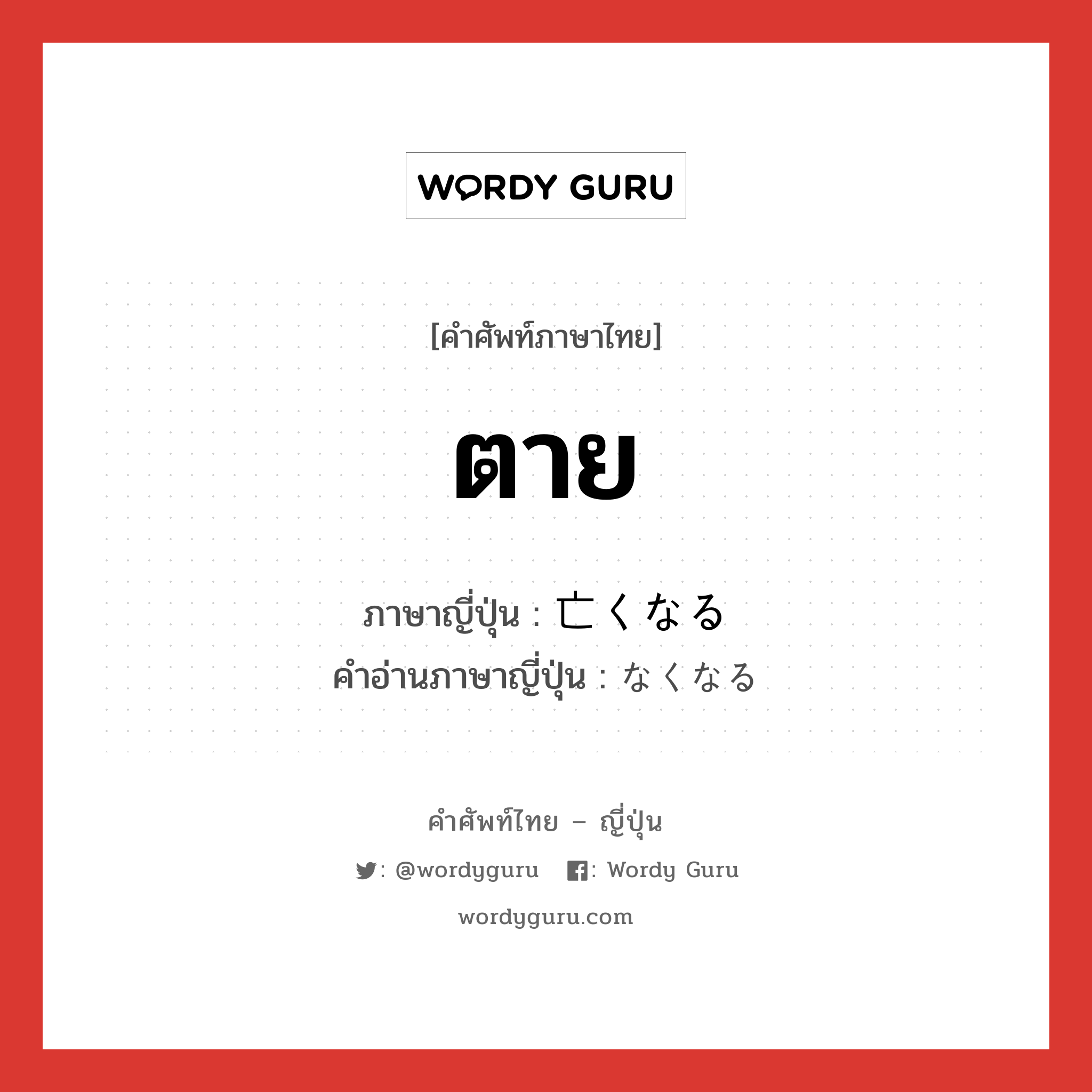



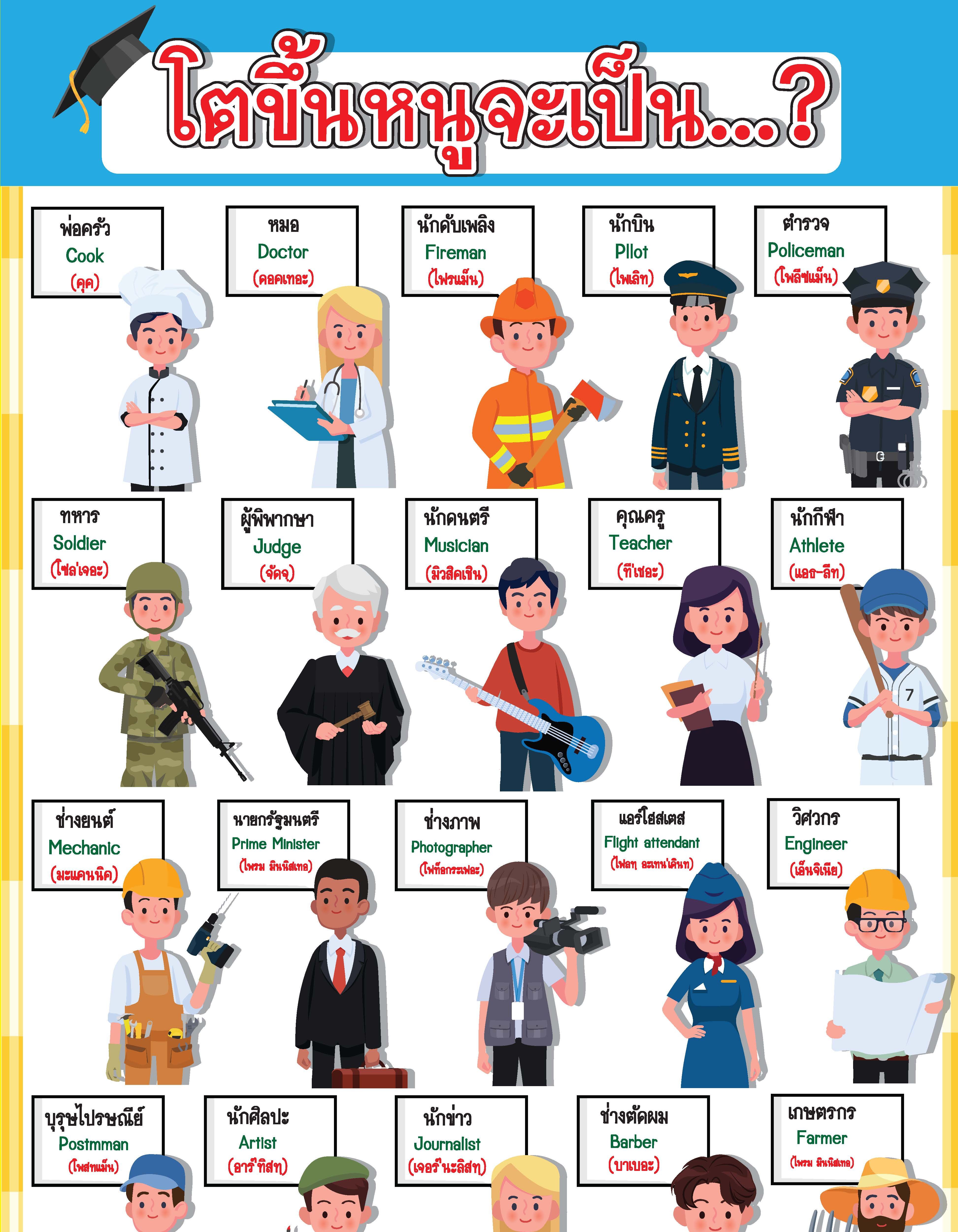






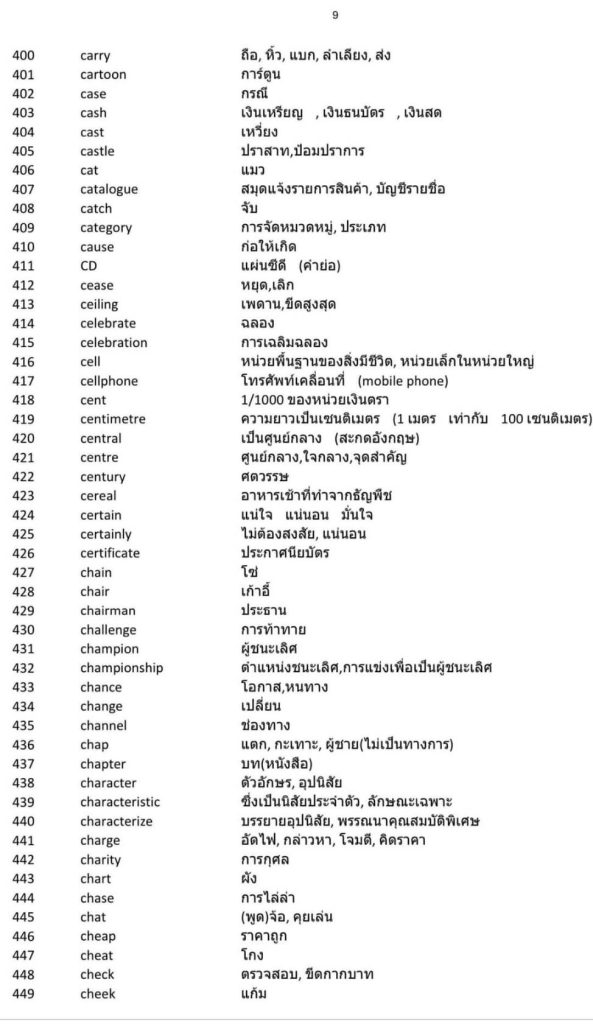

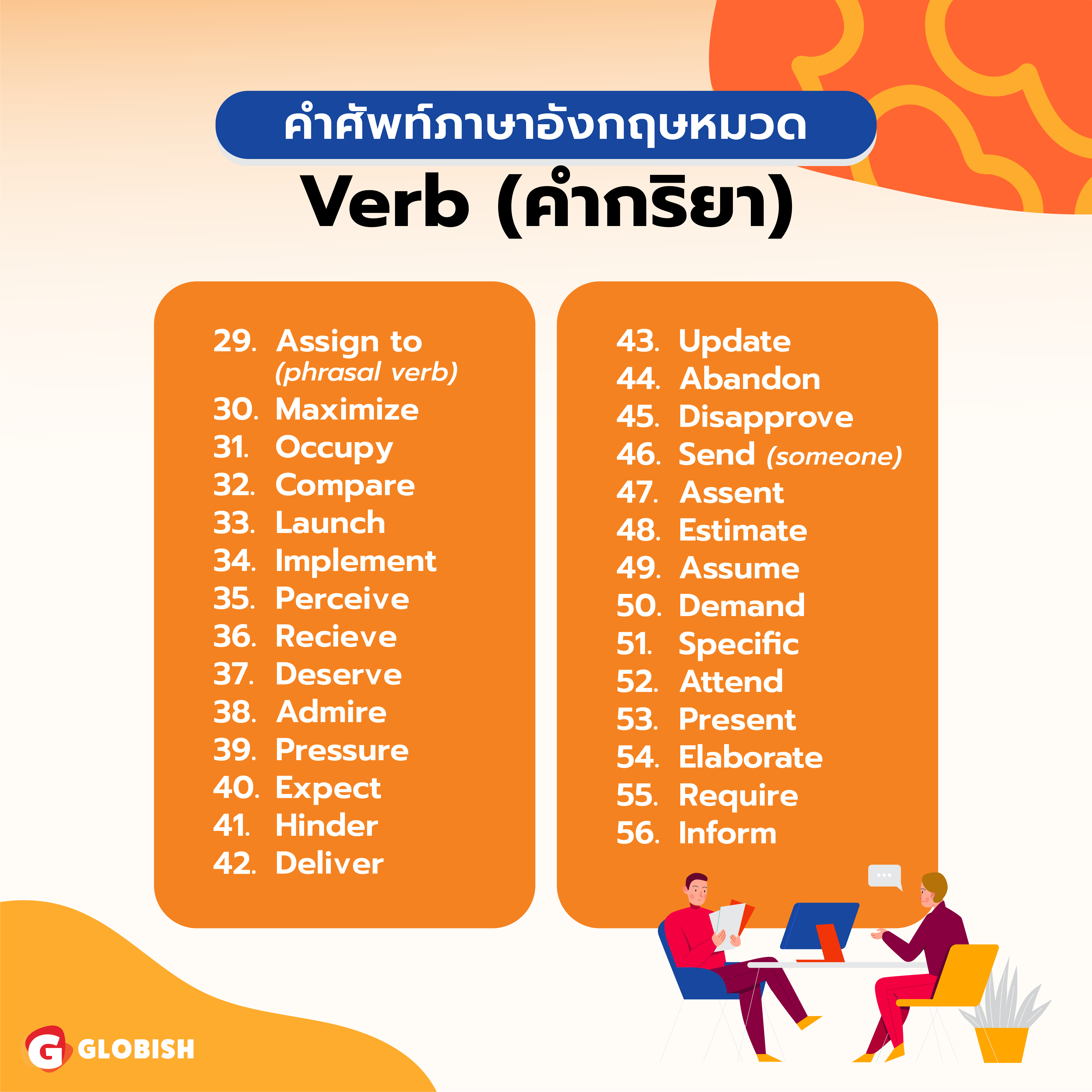

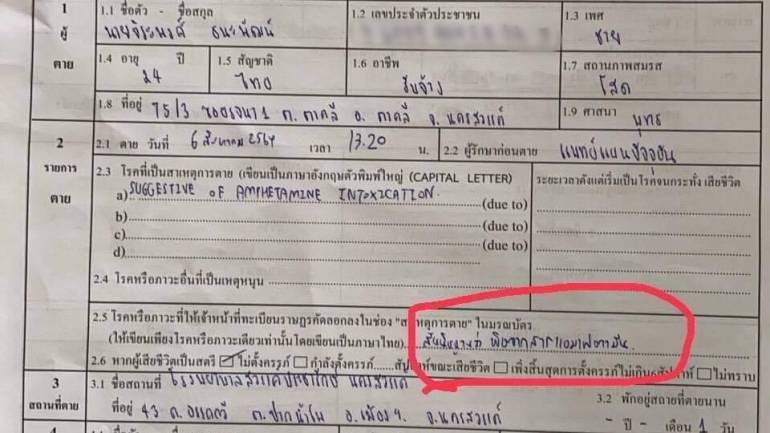






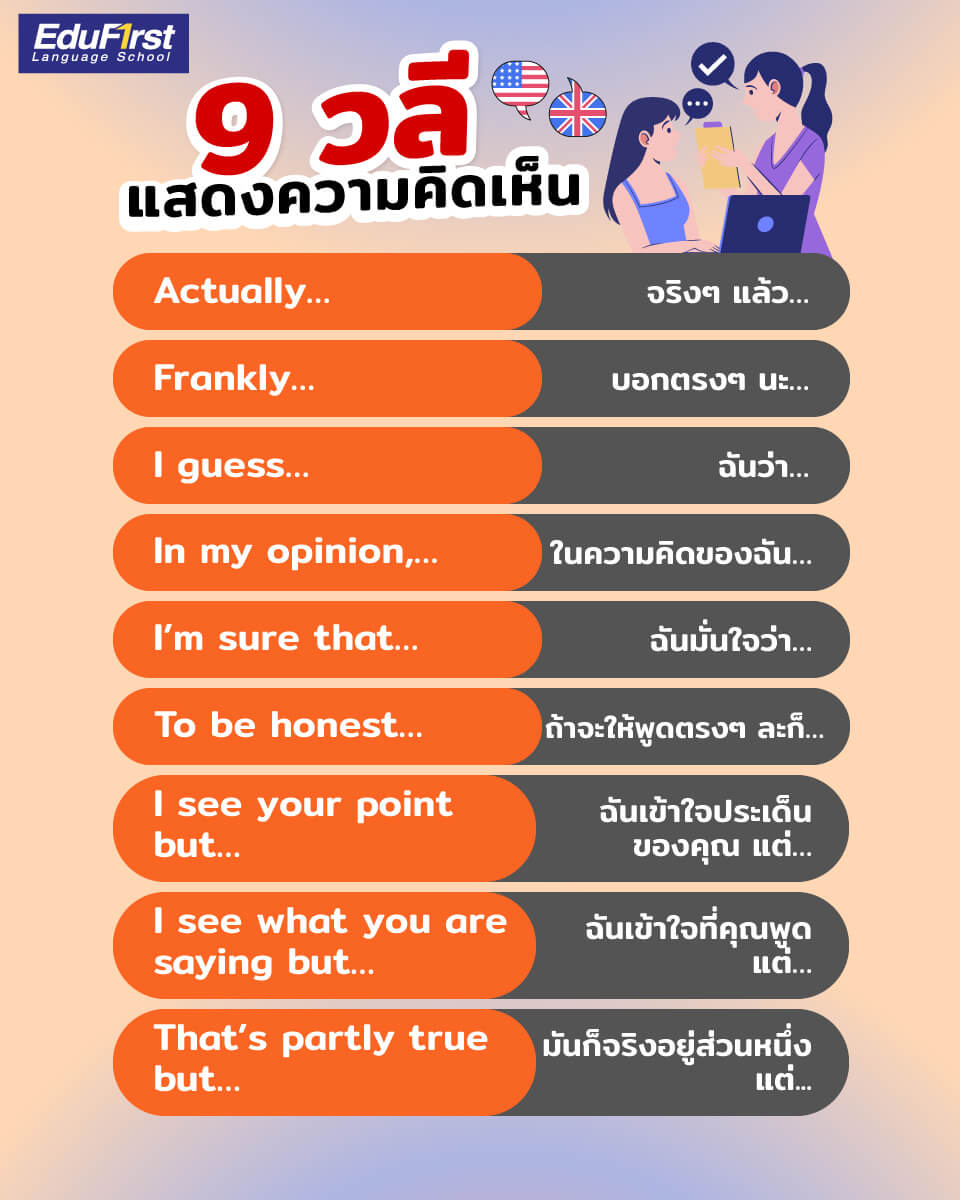

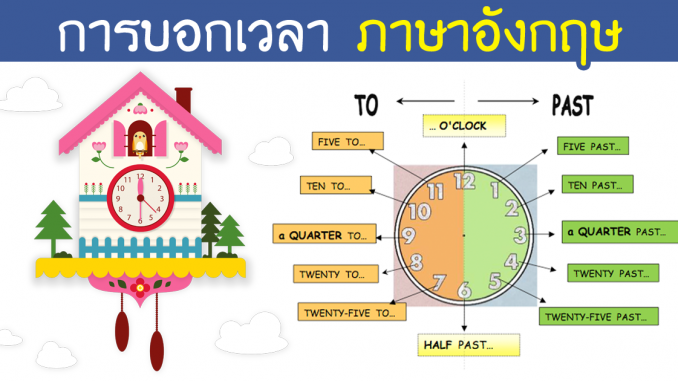
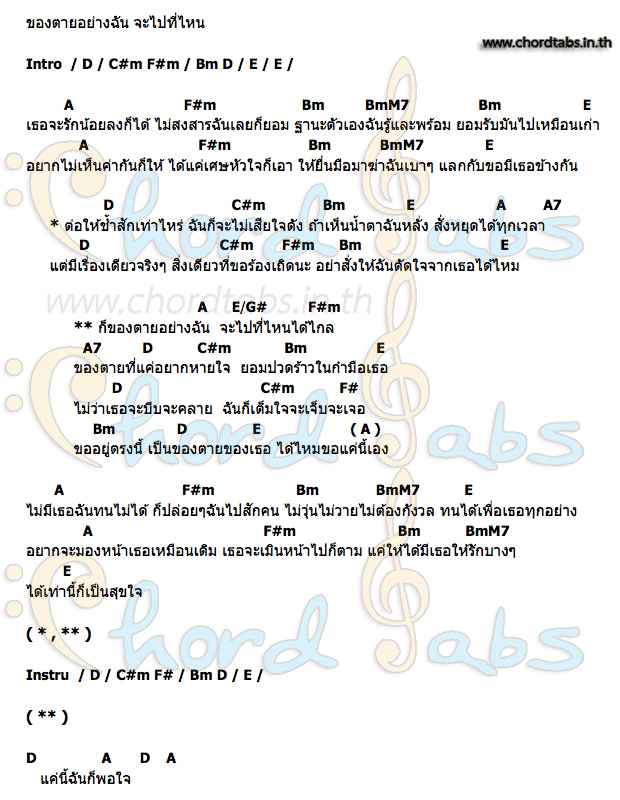

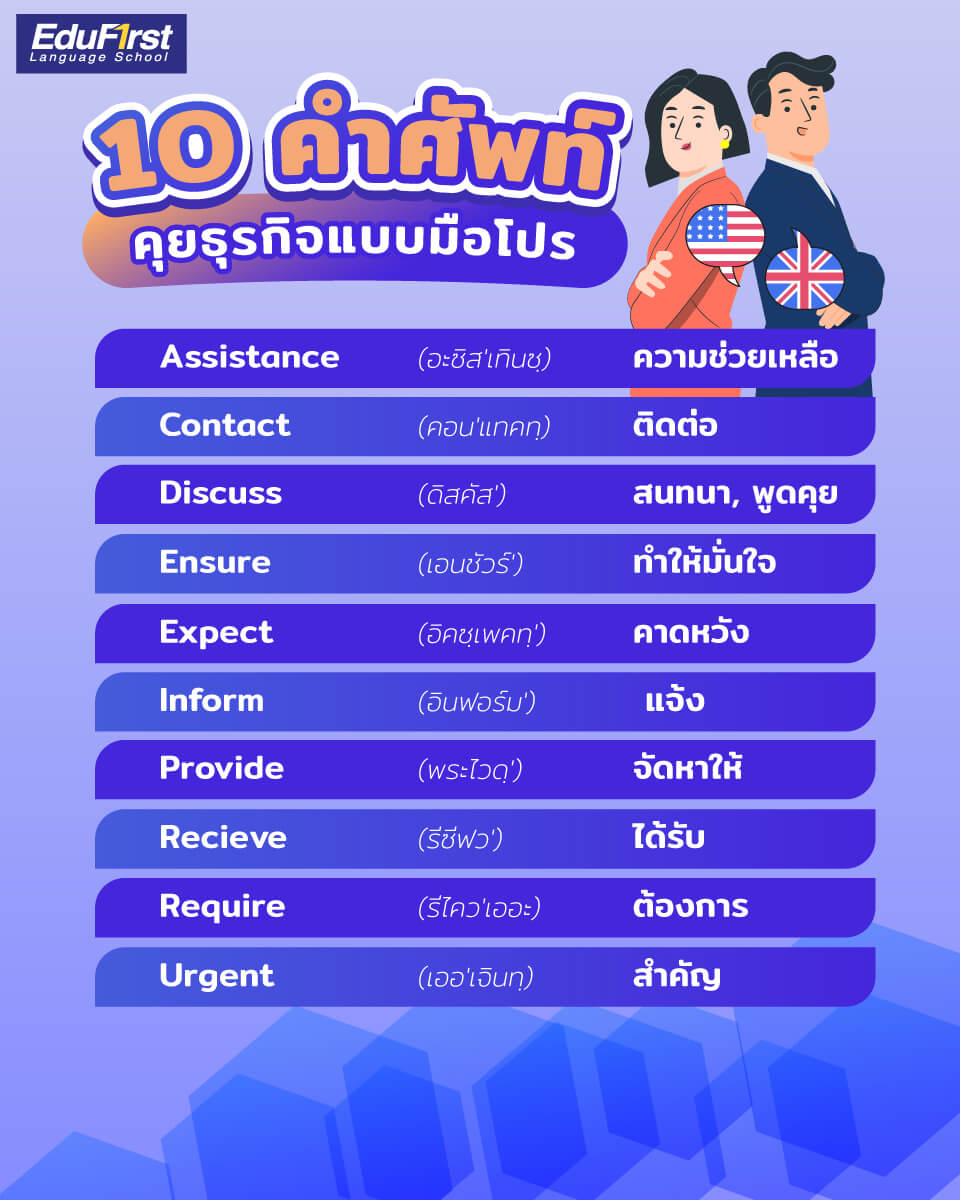





ลิงค์บทความ: ของ ตาย ภาษา อังกฤษ.
ดูข้อมูลเพิ่มเติมเกี่ยวกับโพสต์หัวข้อนี้ ของ ตาย ภาษา อังกฤษ.
- ครูพี่แอน on X: “ของตาย ภาษาอังกฤษ พูดว่า A sure thing. ตัวอย่าง I …
- ตัวคั่นเวลา กับ ของตาย ภาษาอังกฤษว่าอย่างไร
- FAB English – หากจะพูดว่า “เป็นของตาย” เป็นภาษาอังกฤษ …
- ของตาย… – Dr. Bambi – Everyday English ภาษาอังกฤษรอบตัว
- มาลองดู คำศัพท์ภาษาอังกฤษ ที่แปลว่า “ของตาย!” กัน
- คำว่า “ของตาย” ภาษาอังกฤษใช้ศัพท์ว่าอะไรเหรอครับ
ดูเพิ่มเติม: giaydb.com/category/calendar